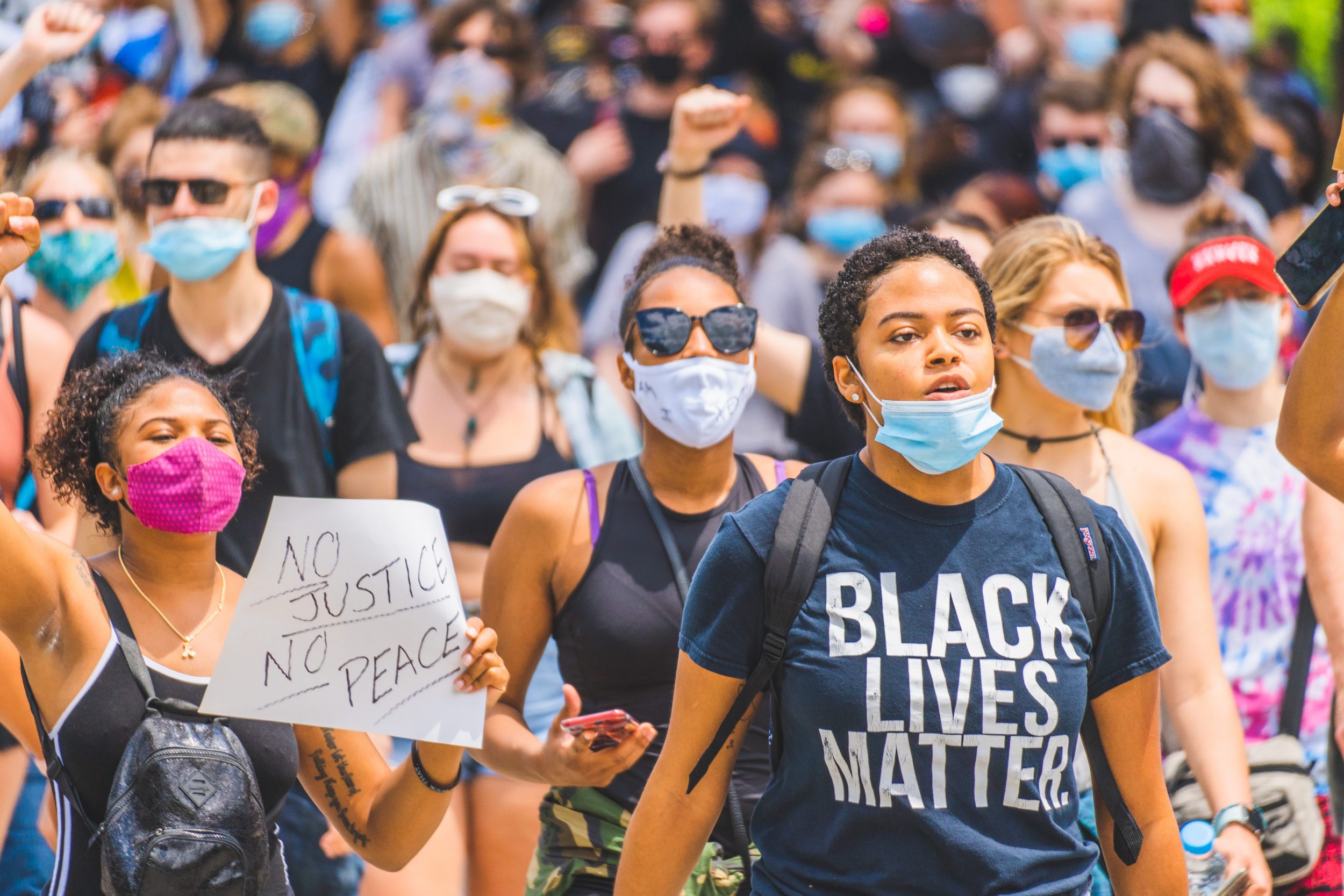 In this post, Dimitris Akrivos of the University of Surrey writes about how a Harry Potter-themed video game has brought the trans rights debate into the world of gaming, and the debates that this has raised.
In this post, Dimitris Akrivos of the University of Surrey writes about how a Harry Potter-themed video game has brought the trans rights debate into the world of gaming, and the debates that this has raised.
Hogwarts Legacy (HL), the widely advertised video game set in the Harry Potter (HP) universe, was released on February 10, 2023 to largely positive reviews. The game features the first transgender character in the HP franchise and even allows customisations which give gamers the opportunity to play HL as a non-gender-binary character. Although its developer Avalanche Software has not yet made any official announcement about the game’s sales figures, initial estimates suggest that HL has already sold over 10 million copies and is going to be one of the top-selling games of 2023. However, what could have been a cause for celebration for the game developers and HP fans has somewhat been overshadowed by criticisms and boycott calls due to the franchise creator J.K. Rowling’s ‘gender-critical’ (GC) views. The controversy surrounding the release of the game raises important questions about the ethics of video gaming – particularly, gamers’ engagement with the increasingly polarised trans rights debate and their views on ‘cancel culture’.
The trans rights debate
Before addressing these questions by HL, it is crucial to put them into perspective so as to better understand how the ongoing trans rights debate expanded to the gaming world.
Discussions triggered by the UK Government’s 2018 (later abandoned) attempt to de-medicalise the process of legal gender recognition for transgender people and introduce a self-identification model soon escalated into what was aptly described in Alison Bailey’s recent discrimination case against trans-supporting organisation Stonewall as a ‘polarised, often uncompromising, and sometimes hostile and abusive’ debate.
On the one hand, GC feminists (including J.K. Rowling) consider gender self-identification a threat to (cisgender) women’s sex-based rights and argue that they are being silenced by a ‘cancel culture’ where their concerns are being misconstrued as transphobic bigotry. On the other, GC views are, in the eyes of trans people, an attack on their very existence and a product of cisgender privilege. Recent political developments – such as the UK Government’s decision to block a Scottish Bill that would allow gender self-identification, or the heated debate over the housing in prison of transgender sex offenders like Isla Bryson – are indicative of the prominence of the issue in the public agenda and the escalating tensions between the two sides.
There are no straightforward answers to these complex issues but it is evident that the media play a key role in shaping the public’s understanding of the debate. It is worth noting here that I use the term ‘debate’ throughout this article not to suggest that trans lives are up for debate, but to highlight the polarisation between pro-trans and GC advocates which at times reaches ‘toxic’ levels. As I have argued elsewhere, this highly mediatised debate can effectively address the difficult questions found at its core only by paying closer attention to the power imbalances between the parties involved and the potential harm of trans-othering discourse.
Hogwarts Legacy released amid controversy
So, how did video game journalists and bloggers engage with transgender issues in the wake of the game’s release? And to what extent did the controversy surrounding Rowling’s GC stance impact on their willingness to play the game or their in-game experience?
A key question that often arises in HL articles in popular blogs like GamesRadar, Polygon and Wired is whether it is possible to separate the game from the franchise creator’s views, which are described as ‘controversial’, ‘inflammatory’, ‘hurtful’ or even ‘rancid’ and outright ‘transphobic’. For many of these game writers, distinguishing between the two seems quite difficult – especially since Rowling (although not directly involved in the development of HL), is still earning royalties from the game’s sales, which would allow her to further leverage her platform to promote her GC views. Through the prism of such concerns, Avalanche Software’s decision to introduce the first transgender character in the HP universe in HL was seen as tokenism in a blatant attempt on the developers’ part to distance themselves from Rowling. The name given by the developers to this trans (female) character (Sirona Ryan) was also criticised for its masculine overtones (starting with ‘Sir’ and having a masculine forename as a surname).
Amid the controversy, gamers started a fundraising campaign where those boycotting HL could donate the price of the game to trans rights charity Mermaids, raising over £10,000. In the meantime, gaming sites like GamesHub decided that, given Rowling’s ‘ignorant and hateful’ views, HL ‘[did] not deserve to be reviewed on its own merits’, whilst gaming forum Resetera banned all discussions of the game. However, some reviewers like Carolyn Petit from gaming blog Kotaku argued that the game’s cultural impact is too vast to ignore and thus requires thorough critical engagement. Drawing parallels to Rowling’s position on trans rights, Petit concluded that HL is a game with a ‘rotten core’ as it invites players to be part of a world where there is little attempt to challenge the status quo and where the oppressors are portrayed as victims.
Another prominent theme in HL-related articles is individual responsibility. Adopting a more moderate approach, video game website IGN hastened to clarify that their reviewers only assess whether HL is ‘fun to play’; whether or not it is ‘ethical to play’ it is something that gamers would have to decide for themselves ‘according to [their] own values’. But such a lukewarm response perpetuates, according to its critics, the illusion that it is possible to separate the game from its context. In that way, the decision to buy and play HL or not becomes the yardstick each gamer’s morality is measured against and, in this ‘ethical minefield’, there is apparently no middle ground: some gamers might use the ‘there is no (un)ethical consumption under capitalism’ defence as a way of justifying their purchase. But trans YouTuber Jessie Earl argues in her Gamespot article on HL that, although buying the game does not in itself make the gamer a transphobe, they should not claim to be a trans ally if they do so – ‘[b]eing an ally,’ she writes, ‘means being willing to give something up, and what’s more, to stand up for those who are vulnerable.’ Responding to one of Earl’s tweets as to why she could not support HL despite owning all HP books and films, J.K. Rowling countered that the ‘truly righteous’ who do not support anything ‘connected with her’ would not solely destroy their HP collections but also burn down ‘the local library, anything with an owl on it, and their own pet dog.’
A new arena to make sense of transgender issues
Game reviews can ‘make or break’ a game, but the numerous concerns expressed about HL seem to have had little impact on the game’s sales. What this means for the future of the HP franchise in the gaming world and whether HL’s commercial success will be interpreted as a success of GC ideology remains to be seen. But what is certain is that video games constitute a powerful and at times overlooked arena for ‘negotiating unresolved cultural, social or political frictions’. Gamers’ engagement with transgender issues following HL’s release attests to this. At the time of writing, a new podcast which has just been released features J.K. Rowling herself claiming her views on trans people have been ‘profoundly misunderstood’. There is no doubt that the trans rights debate will be at the forefront of the public agenda in the months or even years to come – a debate of which the gaming community has now become a key part.
This article represents the views of the author and not the position of the Media@LSE blog, nor of the London School of Economics and Political Science.
Featured image: Photo by Igor Karimov 🇺🇦 on Unsplash





